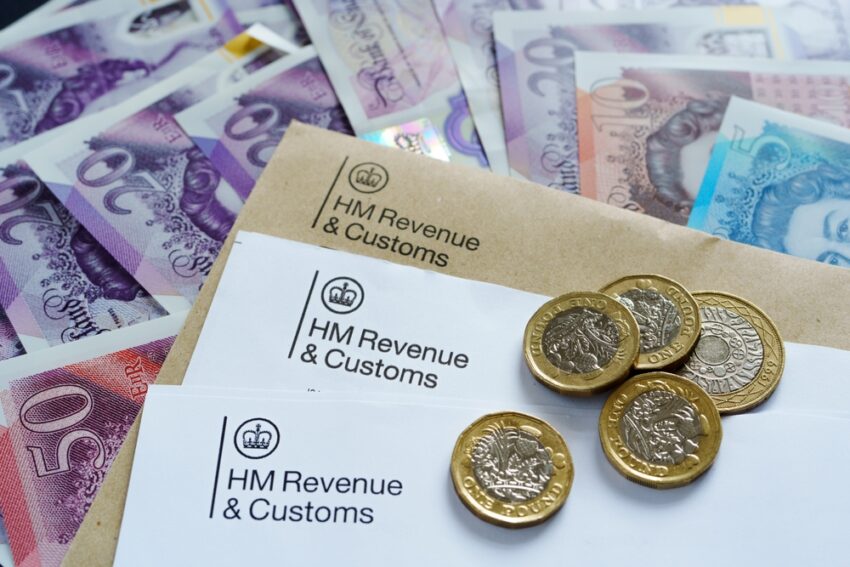from the perhaps-those-free-speech-warriors-didn’t-mean-it? dept
I know it’s no surprise that the modern MAGA world is incredibly hypocritical. They speak of free speech while making every effort to suppress speech they dislike. But the latest example of this hypocrisy is glaring. Those who screamed to high heaven about debunked claims of the Biden admin “censoring” social media are noticeably silent about incoming FCC chair Brendan Carr’s recent statements, including direct threats of retaliation against Disney.
For much of the past four years, a narrative has been pushed by a crew of MAGA folks (but also those who haven’t paid close attention) that the White House colluded with social media to censor certain voices. The glaring problem with this narrative is that it was never actually true. Even the very MAGA-friendly Supreme Court called this out last year in its Murthy ruling, noting that the plaintiffs certainly made a bunch of wild claims about censorship efforts by the administration, but couldn’t actually show any proof to back them up.
At best, the Supreme Court noted, the plaintiffs could only rely on a “speculative chain of possibilities” that didn’t seem to have much connection to reality. The content moderation decisions made by social media companies appeared to be wholly independent of any communications from the government. This is unsurprising as there was no evidence of any coercive behavior by the government. There were no threats of action if the government was unhappy.
And yet, we still hear self-proclaimed free speech warriors like Matt Taibbi and Michael Shellenberger insisting that this was a giant scandal. A group of the “Twitter Files” journalists filed an amicus brief with the Supreme Court claiming that the government’s efforts were “an existential threat to free speech.”
Except, it wasn’t. For a legitimate free speech threat, there must be evidence of coercive government action. The standard, as first established in the Bantam Books case in the 1960s, is that the government has to be using some sort of threats or coercive power in response to speech. The Supreme Court did not find that with the Biden administration, and it knows the standard deeply. In fact, the same day it heard the case about the Biden administration, it heard a different case about a NY official threatening insurance companies if they worked with the NRA. And in that case, the same Supreme Court that found nothing unconstitutional in Murthy, said that Vullo’s actions violated the First Amendment.
Given all that, it strikes me as notable that we’ve heard nary a peep from the famed free speech warriors concerning the letter incoming FCC chair Brendan Carr sent to Disney boss Robert Iger, pretty clearly stating he would take action against the company if ABC didn’t cut favorable deals with local TV stations (such as those run by Sinclair) and avoid content that “contributed to the erosion in public trust.”
Carr’s letter contains several concerning elements that suggest government overreach and coercion. First, he cites ABC’s settlement of a defamation lawsuit with Trump as evidence they have “contributed to the erosion in public trust.” This implies government disapproval of ABC’s editorial choices. Second, he notes the FCC’s “interest in and authority” to ensure local stations maintain “economic and operational independence,” and warns the FCC will be “compelled to act” if ABC jeopardizes those objectives in affiliate agreement negotiations. The message is clear — make deals favorable to local stations like Sinclair or face regulatory consequences.
Compare this to the Murthy case, where the Supreme Court found no evidence of government threats or coercion influencing social media content moderation policies. Carr, on the other hand, is pretty clearly using threats of regulatory action to influence a media company’s business dealings and editorial stance.
Unlike the more general claims of legislation that were brought up in the Murthy case, but where there was no clear through line between the communication and the supposed threat, here it’s all together in a single letter.
Yet somehow, those who insisted that the Murthy case represented an “existential threat to free speech” haven’t seemed to have had any issue at all with Carr issuing what seem like much more direct threats.
Over at MSNBC, I’ve written an opinion piece diving into this level of hypocrisy.
Many of those same Twitter Files free speech warriors are fans of incoming Federal Communications Commission Commissioner Brendan Carr, whom President-elect Donald Trump himself has called a “warrior for free speech.” Carr has issued a number of letters recently that could reasonably be described as jawboning. First, he addressed the CEOs of Alphabet, Meta, Apple and Microsoft, accusing their companies of participating in a “censorship cartel.” (And, yes, Carr cited the Twitter Files as evidence.)
More recently, Carr sent a letter to Disney CEO Robert Iger citing the fact that Americans have low levels of trust in today’s mass media, while noting that “Americans largely hold positive views of their local media outlets.” He highlights Disney’s controversial recent decision to settle a defamation lawsuit brought by Trump as evidence that ABC has “contributed to this erosion in public trust.” He further writes that since ABC is “renegotiating the terms of many of its affiliate agreements” and those agreements include broadcasting ABC’s national programs, he is watching closely to see how ABC conducts itself. He adds that the “approach ABC is apparently taking in these negotiations concerns me.”
More importantly, though, is that unlike literally anything that came out in the Murthy case or the Twitter Files, here Carr threatens direct action from an agency over which he will soon have control:
Furthermore, as he notes, “the FCC clearly has an interest in and the authority … to ensure that local broadcast TV stations retain the economic and operational independence necessary to meet their public interest obligations.” And he warns that if something is “jeopardizing … those objectives, then the FCC will be compelled to act.”
In November, Carr posted: “Broadcast licenses are not sacred cows. These media companies are required by law to operate in the public interest. If they don’t, they are going to be held accountable, as the Communications Act requires.”
Put all that together and it seems like a way more direct threat and an attempt at coercing speech than anything that came out in the Twitter Files.
And yet… silence from the free speech crew.
The hypocrisy is glaring. Those who cried foul over speculative “jawboning” by the Biden administration are silent as Carr issues warnings about how he will use FCC power to influence media company dealings and content. It exposes their selective and politically-motivated outrage.
Filed Under: 1st amendment, brendan carr, coercion, free speech, hypocrisy, jawboning, retransmission, twitter files
Companies: abc, disney, sinclair









Leave a Comment